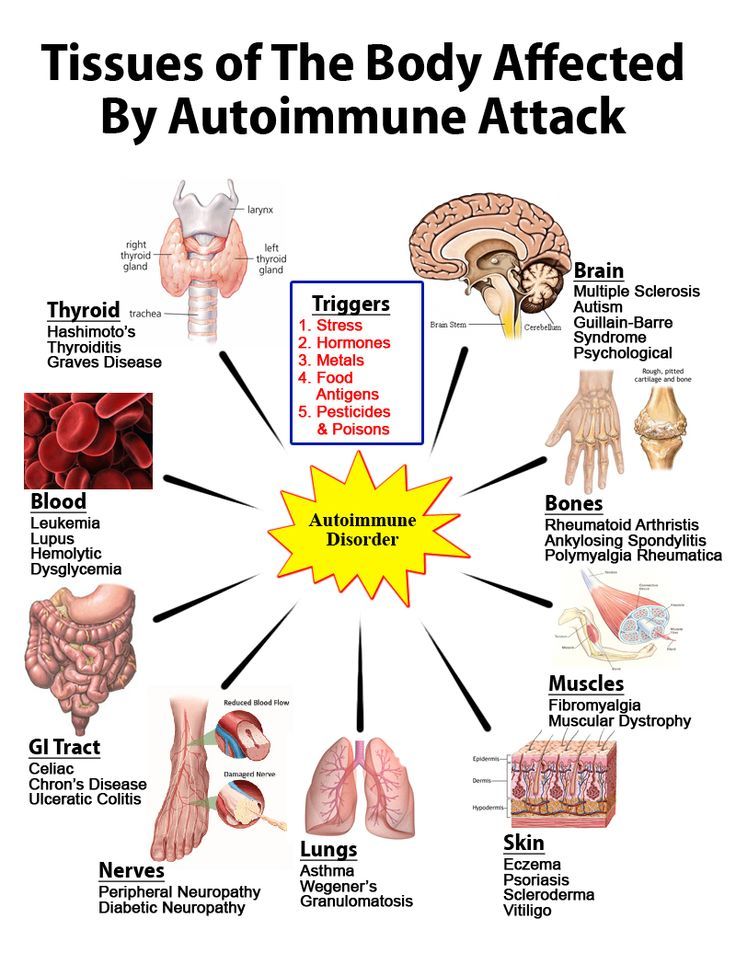What is an Autoimmune Disease?

What is an Autoimmune Disease?
An autoimmune disease is a condition in which your immune system gets confused and starts attacking your own tissues by mistake.
Normally, a healthy immune system guards your body against invaders such as bacteria, viruses, fungi, and other foreign substances. When it detects such an invader, it sends out an army of mediators to neutralize the threat.
The immune system is designed to distinguish between your own cells and foreign matter. However, due to a genetic predisposition combined with environmental triggers — including infections, toxic exposure, poor diet, stress, nutrient deficiencies, and leaky gut — the immune system can become hyperactive. In this state, it may mistakenly attack healthy cells in organs such as the skin, joints, nerves, thyroid, or even multiple organs in some diseases, producing autoantibodies against these tissues.
Common Autoimmune Diseases
There are currently between 80 and 100 recognised autoimmune conditions. Some of the most common include:
- Type 1 Diabetes
- Multiple Sclerosis
- Psoriasis and Psoriatic Arthritis
- Rheumatoid Arthritis
- Celiac Disease
- Pernicious Anemia
- Systemic Lupus Erythematosus
- Scleroderma
- Ankylosing Spondylitis
- Inflammatory Bowel Disease (Crohn’s Disease & Ulcerative Colitis)
- Hashimoto’s Thyroiditis and Graves Disease
- Addison’s Disease
- Sjögren’s Syndrome
- Myasthenia Gravis
